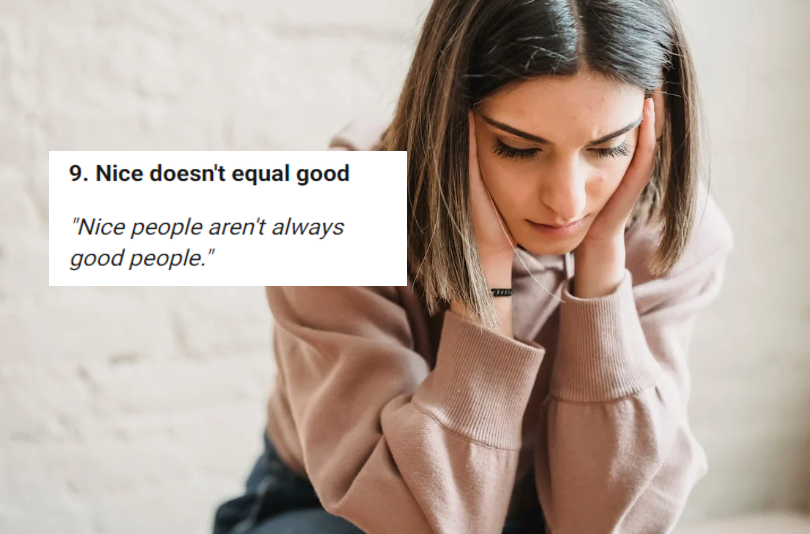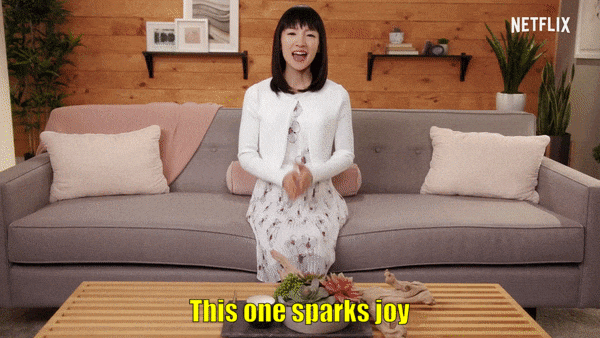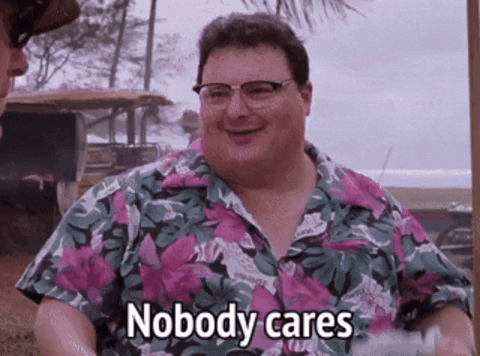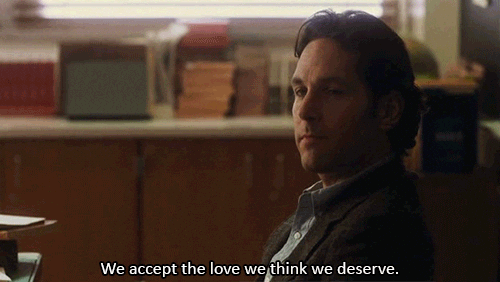For decades, women’s liberation, Me Too and other movements have shed light on the reality of being a woman in a patriarchal society. As a result, we’ve all gained a better understanding of how women are impacted by sexism and have slowly but surely re-examined social norms that have negatively affected women throughout history.
What’s often been overlooked, though, is how patriarchal norms negatively affect men as well. We know that men have been discouraged by society from sharing their feelings, but the notion that men don’t open up because it’s “unmanly” is also an oversimplification. Sure, there are men who don’t know how to express their feelings, but there are also conscientious, emotionally available men who don’t talk about the hard parts of being a man out loud because they don’t want to overshadow women’s concerns with their own. It’s ironic that a sensitivity to women can get in the way of openly sharing the reality of being a man, but here we are.
A question posed on Reddit provided an invitation for men to open up with its unique framing: “What would women dislike most if they became men?” and men took the opportunity to share things that women might not realize they struggle with.
While there may be a temptation to compare these things to what women deal with, listening with compassion and an open mind goes a long way toward building understanding and empathy. Considering the fact that suicide rates among men are four times higher than women, we need more understanding because clearly a lot of men are struggling.
Here are some of the things men shared:
Trying to convince people you’re not scary or creepy
Women are generally viewed as safe, while men are seen as potential threats. There are understandable reasons for that, but women may not realize how exhausting it is to try to navigate that as a man who genuinely isn’t a threat. It hurts to know that people are automatically afraid of you.
“People being afraid of you for nothing you have done.”
“Constantly worrying about not looking like a creep. Seriously, shit is exhausting. I’m a 5ft 10 inches, 225lbs, muscular black dude. I know damn well that that I’m probably the last person a woman(or anyone for that matter) wants to see walking behind them while they are alone at night.
I work in retail too so there’s times where I will walk around the store just to avoid walking behind women just to make them feel better.
Just to be clear, I’m not saying that women aren’t justified for being wary. I completely understand why they might feel that way but it just sucks constantly trying to make sure I don’t accidentally look like a creep.”

“I’m 6’1, 265 lbs, brown, bald. No one has sat next to me on a bus in years. A child refused to sit next to me on a flight once and threw a tantrum about it. I ignored her the entire time. But oof that hurt. I cried watching Coco.”
“Dude as a 6’2 fat dude with a beard I feel like being perceived as a creep is responsible for like 80% of my social anxiety, like I can’t casually physically interact with anyone cause I’m scared of being called a creep.”
“I’ll never forget the feeling of a loss of innocence when I was around 17yo and a woman grabbed her kid as I was walking towards my car (it looked like I was walking towards the kid who was in the general trajectory in the parking lot) and it dawned on me ‘oh, I’m no longer seen as a child, I’m a potential threat now.’ It was such a weird feeling.”
Being viewed with suspicion around children
Women can say they love kids and show affection toward them without much of an eyebrow raise. But men who love children in pure and wholesome ways can’t express that without people assuming or fearing they’re a pedophile.
“People thinking you’re a pedo when you’re watching your own kid at the park.”
“Being viewed with suspicion whenever I interact with children. Plenty of shitty things about being female, but that one is particularly sad for men.”
“It’s really sad, because children have this reckless abandon that is fun to watch. Running around and playing with no greater purpose in mind, just enjoying being alive without thinking about what’s above and below.
I can’t go to public parks without being looked at like I’m a predator, much less go anywhere where children are playing without the exact same vitriol but on steroids. Children are fun to watch, and I’m not there watching for some sick sexual thrill or to hurt anyone, I just like to be reminded that I once WAS one of those children not so long ago.”
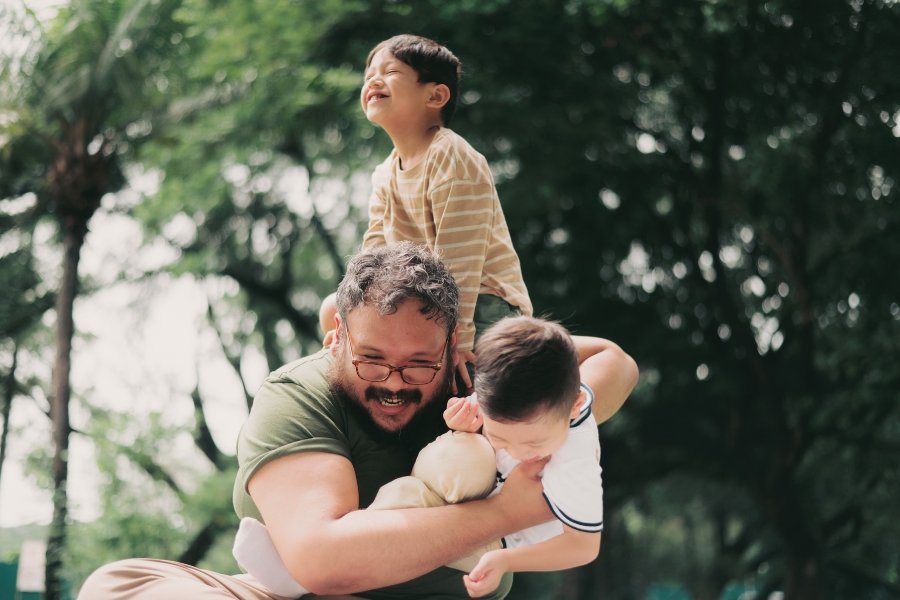
Being seen as the lesser parent
Much has been made of women often being the “default parent” who shoulders most of the mental burden of parenting. But a lot of that is social expectation, and even men who try to take on an equal share of parenting duties find that they’re fighting an uphill battle to be treated as an equal parent.
“Being treated like a second rate parent even if you’re the only parent.”
“While signing up for a daycare I told them to call me first if our kids got sick. They said “weeee usuallyyyyyyy caaaaaaalll the mooommm fiiiiiirst…??” With a confirming look towards my wife.
I told them I wfh 5 minutes away and my wife is a teacher so if they want to waste their time calling my wife first go ahead but I’ll be (and am) usually the one to pick them up.
They still call my wife first.”
“I was a stay at home dad. I told the teachers that when I met them at the beginning of the year. I was listed first in primary contacts. The number of times the school called my wife at work and then she called me so I could go pick up a sick kid was too high.”
“ThEy LeTtInG yOu BaBySiT?”
“Whenever my wife is without our kid they’re always asking who is watching him. Like I am. His father. He’s not being babysat, he’s not being watched, he’s just at home with me. Foreign concept to so many people.”
Alternatively, being seen as a hero for doing basic parenting things
On the flip side, a lot of men shared their bafflement at being venerated for doing very basic parenting things. While this may not seem like something to complain about, it’s a bit infantilizing if you think about it.
“Sometimes I’m just chilling with my kids at the park and get told I’m the best dad ever. Like I’m doing the bare minimum right now ma’am. This is the floor of what I should be praised for, not the ceiling.”

“When my sister had her kids her ex husband used to occasionally take his baby to work at the community college in a sling and lecture with the baby. He became totally famous on campus as the best dad ever and he was shared viral on local social media as being totally adorable Meanwhile she was just a mom with a baby, completely unremarkable. No praise, just general annoyance from strangers that she even had her baby out in public.”
“I noticed this when I had custody of the kids after we separated. I was a freaking hero for attempting what millions of single moms have been doing forever. And it was in the eyes of women ( most men didn’t care or notice) that my status was elevated while many of them were looking down their noses at the single mom’s. Double standard for sure.”
“Yeah I was going to say.. in the experience of me and one of my close friends, as a guy, the bar for being considered a great parent is disturbingly low.”
The expectation to be an actual hero—and being seen as expendable
“Women and children first” has been a standard of emergency response forever, which isn’t inherently bad but does send a message about the expendability of men. Imagine being told that your life is less valuable as a rule.
“If danger comes knocking, you have to answer the door while everyone else runs for the hills.”
“I love how people are only outraged if women and children die. Like every dude aint also someone’s son.”
“Yup. If I’m a man dying, who cares. If I want a shred of sympathy, I have to describe myself as a husband, a father, or a provider.”
“People see men as expendable.”
“Off to the front lines you go.”
“I learned from a thread a few weeks ago that women have no concept of this whatsoever. It hasn’t even occurred to them that they could be considered more expendable than another person by default and they’re offended that it would even be a possibility.”

A lack of compliments
Of course, there are women who don’t feel like they get many compliments as well, but it appears to be a particular issue with men. Perhaps women compliment each other more, and men don’t. Or perhaps it’s that men misinterpret compliments as flirting too often, so women don’t offer them to men as much.
“You may go a year or ten without a single compliment. Many men are laying in their casket before many good things are ever said about them.”
“I had a woman complement my parallel parking skills 30 years ago, I can tell you when and where.”
“So true, lmao. The last “real” compliment I got was 3 years ago (lmao) that too from my dad’s (male) boss who said I’ve an amazing smile.
Well, unless my mom counts? I’m the most eligible bachelor in India as far as she’s concerned. “
“The whole thing is an ugly catch 22. Men think compliments are flirting because they don’t get enough compliments, but women avoid complimenting them because they don’t want them to think it’s flirting.”
The genuinely confusing messages about showing emotion
The common refrain is that men should show their emotions more and that women will respond positively to that. But in reality, many women have been as conditioned as men to view male emotion as weakness, and some respond accordingly.
“Crying in front of people has the exact opposite effect.”
“‘why don’t you open up emotionally?’
Opens up emotionally
‘I can’t explain it, but I’m just, not attracted to you anymore.’”
“This one is real tho. You get shunned for not opening up, and you get shunned for opening up.”
“I joined a support group for victims of something I’m not going to get into, but the amount of guys who had their wives/girlfriends abandon them or cheat on them almost immediately after a traumatic experience like a parent dying or being the victim of a violent crime was staggering. As soon as they showed emotion, ‘weakness’ and needing support themselves, it was all over for the relationship.”
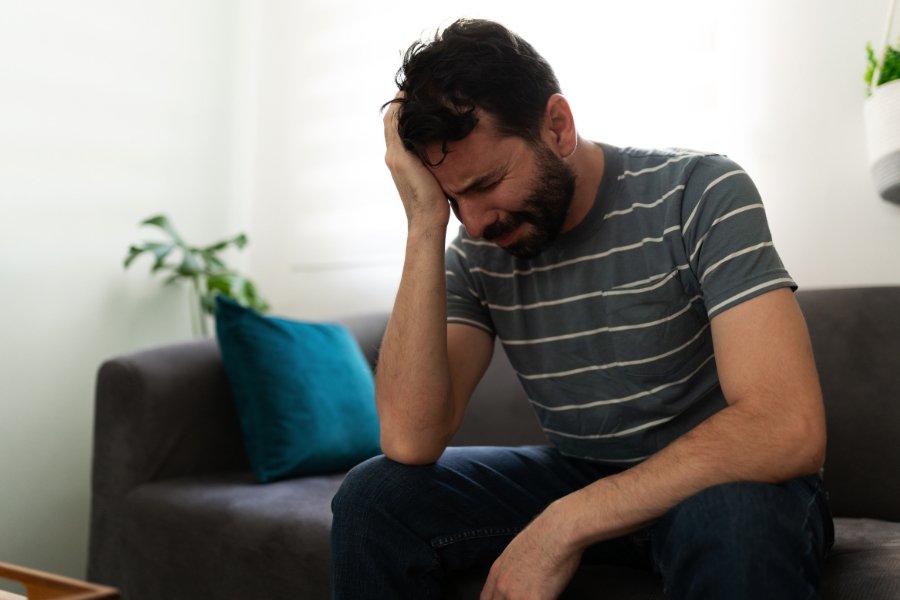
“Yup. When I got the call that my dad’s cancer had spread to his brain and was terminal, I was at work and started to cry. It wasn’t a sob or ugly cry at all and I was trying to keep it together. Once my coworkers in the office noticed, they just quietly got up and walked into another room without saying anything. I tried to focus on my work and pull it together, but after about 3 minutes I was literally alone in the room. It was an open concept kind of office and there were about 15-18 desks in the room. Nobody said anything. Nobody asked if I was ok. They just got up a left.
About 15 minutes later the office manager asked if I needed to leave for the day because I was making other people uncomfortable. I heard at least one group of people joking about it on my way out.
I ended up quitting a couple of months later because everybody treated me completely different afterwards. I went from being the funny guy at work to the weird guy who cried at work.”
There were some other things men shared that are worth taking a look at, but the bottom line is that there’s genuine value in putting ourselves in other people’s shoes. Just as women want men to understand what we deal with on a daily basis, men also have experiences and feelings that go unrecognized and unacknowledged. We all have a lot to learn and unlearn as we make our way toward gender equality, and truly understanding one another’s realities is a vital step in that direction.





